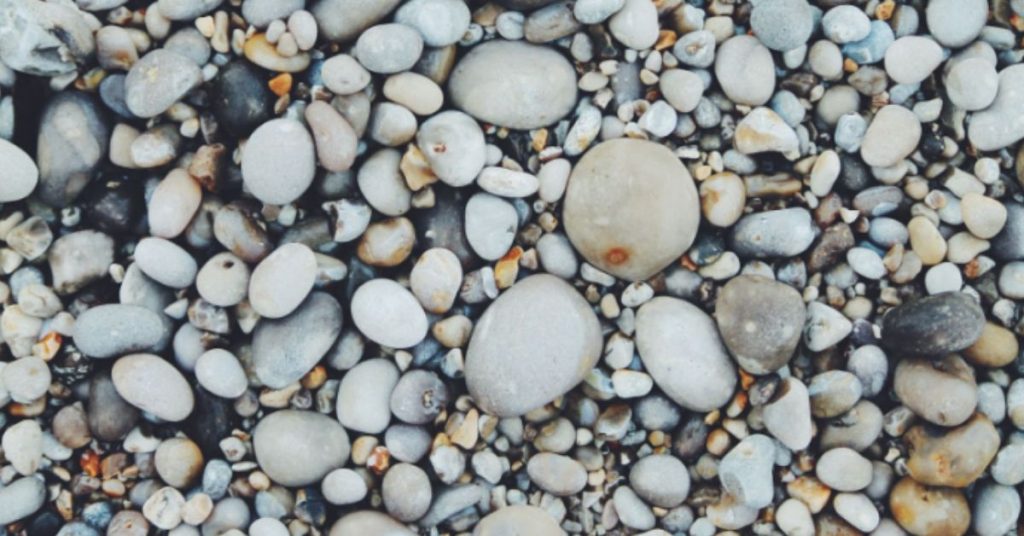Signs of Kidney Stones

What are the Kidneys and what do they do?
The kidneys are an important part of the human body and are located in the abdominal area. The two bean-shaped organs sit just below the rib cage and on each side of the spine. The main function of the kidneys is to remove waste and extra water from the blood, in the form of urine, while also keeping the body’s internal chemicals in balance. These chemicals can include potassium, sodium, and calcium. The kidneys also can produce important hormones that control blood pressure and stimulate red blood cells to be made.
What are Kidney Stones?
Kidney Stones are small hard deposits of minerals and acid salts that form in the kidneys and are painful when they are passed. Typically, they do not cause permanent harm but can be very painful as they pass through the urinary tract. Some symptoms of kidney stones include: severe pain in the side or back, radiating pain through the abdomen, pain or burning while urinating, nausea and vomiting, foul smelling urine, and pink or brown colored urine. Medical procedures may be needed to remove or break up larger stones that can not be passed.
Kidney Stones Causes
There is no single cause or definite answer as to why Kidney Stones occur however there are many factors that can increase your risk of getting them. Typically, when there is an abundance of crystal-forming substances in the blood such as calcium, oxalate, and uric acid, kidney stones can form. The reason for this is because when there is an overabundance of these minerals in the blood, the fluid in your urine is unable to dilute all of them. This will then cause the minerals to clump up into small deposits, causing the pain and discomfort of Kidney Stones. Many factors can lead to this such as: eating too much sugar or salt (sodium), dehydration, obesity, family history, and taking too much of a certain supplement (vitamin C).
Kidney Stones Treatment
Kidney Stones treatment can vary depending on the size, location, and what type of stone they are. If the kidney stones are small they typically can just pass through the urinary tract on their own, while causing some discomfort, and pain in the process. Some healthcare professionals may ask you to catch the kidney stones in a special container so they can send it to a lab and figure out what type of stone it is. With a smaller stone, drinking plenty of fluids can help them pass as well. For the pain and discomfort a healthcare professional may prescribe pain medication. If a kidney stone is much larger and unable to pass through the urinary tract, it can cause a great deal of pain and require urgent treatment. If needed, a urologist can remove the kidney stone or break it up into smaller pieces so they can pass on their own. The first treatment option for larger kidney stones is shockwave lithotripsy which is blasting the kidney stones with a shock wave to break them up into smaller pieces. This procedure typically requires anesthesia. Another treatment option is a Cystoscopy and Ureteroscopy. This option requires a doctor to look inside the urethra and bladder to locate the kidney stone or stones. Once the stone is found, the doctor can remove it or break it into smaller pieces so it can pass through the urinary tract. After procedures like these, sometimes the doctor will leave a thin, flexible tube called a stent in the urinary tract to help the kidney stones to move along and allow for better urine flow.
Where can I go for more information? If you are interested in learning more about kidney stones, please contact us and we are happy to help!